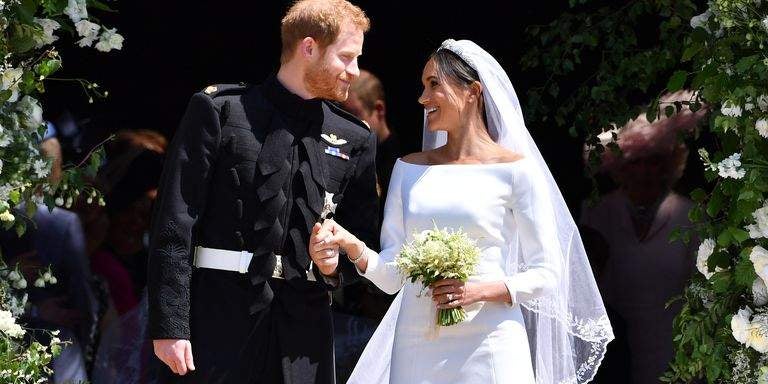
The stress of organising a wedding might be over for the Duke and Duchess of Sussex, but there are now complex tax arrangements to consider for the American bride, writes Matthew Pannell
The phrase ‘alien’ probably doesn’t feature in the top 10 pet names used by newlyweds. But as Prince Harry will find out, it’s a phrase to get used to when marrying an American.
As an American citizen, Harry’s wife, Meghan Markle, is subject to US tax on her global income, irrespective of where she chooses to reside. Almost inevitably Markle will become tax resident in the UK and potentially exposed to double taxation.
She isn’t alone, as there are 6.8 million Americans who reside abroad. The tax issues they face are complex and suitably qualified advisers are in short supply.
Firstly, Meghan must consider her filing status in the US. Ordinarily, married Americans file jointly to access lower tax rates but as Prince Harry is a ‘non-resident alien’, this isn’t possible unless he elects US taxpayer status, exposing his own worldwide income to Uncle Sam – an unlikely story.
The new princess will also need to get to grips with the reams of reporting obligations facing international Americans. Many royal properties are owned by non-US trusts. Markle’s use of these properties will require extensive reporting and plenty of additional complexity. Even the engagement ring, as a gift from an alien, will need to be disclosed on a US tax return – with the penalty for failure to comply up to 25 per cent of its value.
Together, the royal couple must devise an estate plan that works in both the US and the UK and that accounts for the likely dual citizenship of any children. Without proper planning any UK Inheritance Tax or US Estate Tax may apply on the first to die leaving the surviving spouse with a large tax bill and their heirs facing a further tax charge on the second death.
Markle will likely face pressure to renounce her citizenship, but such a step has major tax consequences.
There are opportunities though. Carefully structuring marital holdings could reduce some complexity and perhaps even cut Meghan’s tax bill. The UK has attractive capital gains reliefs that could be preserved by holding assets in Harry’s name and the UK non-dom regime can help minimise Americans’ exposure further.
It’s a complex matter. Solutions that present themselves in one jurisdiction often aren’t suitable in the other. Couples in these circumstances need advisers with experience of the tax systems on both sides of the Atlantic.

Matthew Pannell is a senior tax manager at Frank Hirth







